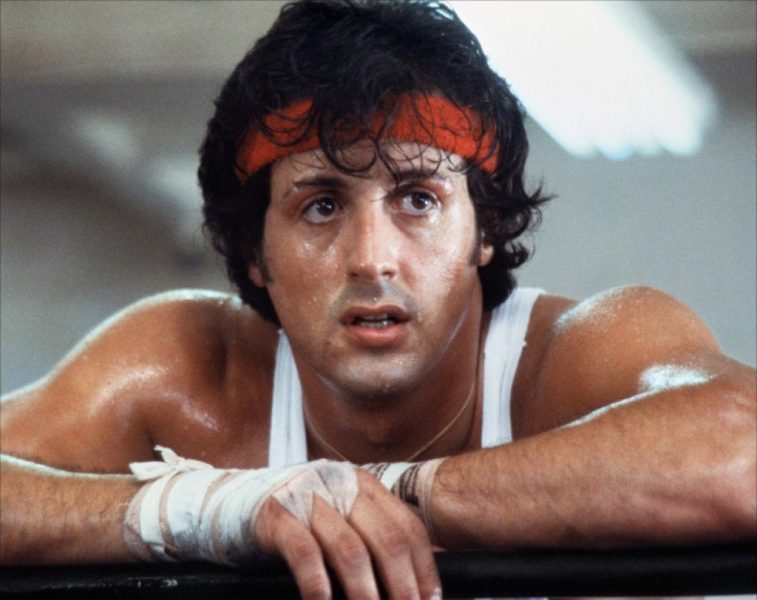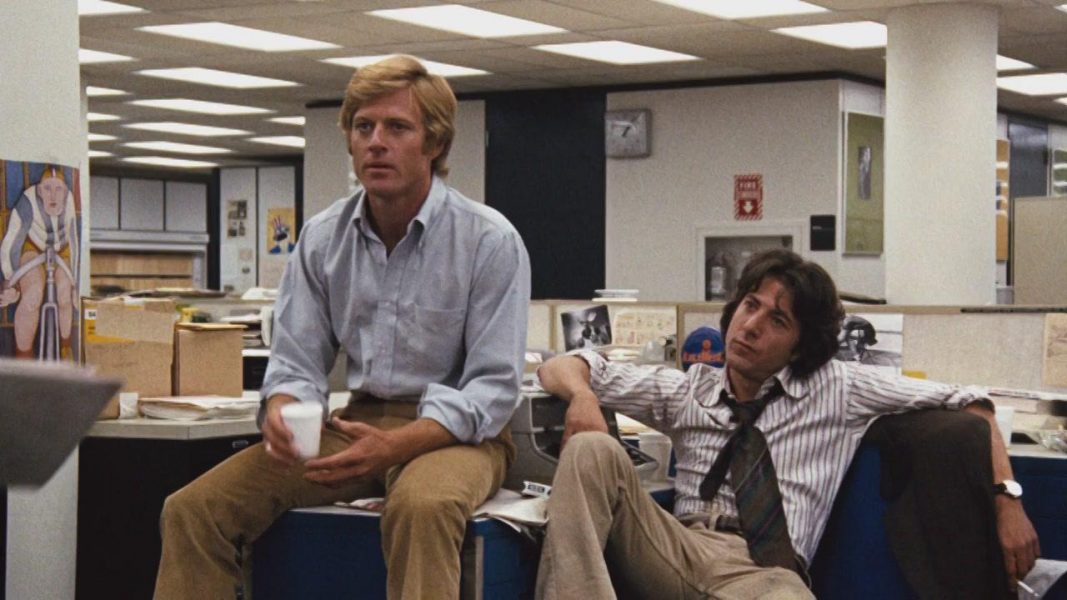ll the President’s Men (1976) is possibly the greatest film made about journalism in the history of the cinema; Network (1976) is a startling brilliant foreshadow of the future of television and reality TV, a vicious black comedy and satire; Taxi Driver (1976) is a black descent into the madness of a man slipping over the edge into utter insanity. Each is among the best films ever made, each was an award winning film among the critics, each a product of seventies cinema.
All the President’s Men (1976) won Best Picture, Best Director (Alan J. Pakula), and Best Supporting Actor (Jason Robards) Awards from the New York Film Critics Circle and the National Society of Film Critics gave the film Best Picture and Best Supporting Actor; while Taxi Driver (1976) won Best Picture at Cannes and Best Director for Martin Scorsese from the National Society of Film Critics. Network (1976) was named Best Picture by the Los Angeles Film Critics Association, winning Best Director (Sidney Lumet) and Best Screenplay, also winning the Screenplay award from the New York Film Critics Circle. Actor Robert De Niro swept the critics groups awards for Best Actor for Taxi Driver (1976), with his co-star Jodie Foster winning Best Supporting Actress from the National Society of Film Critics as the teenaged hooker in Taxi Driver (1976).
Each film was nominated for an Academy Award as Best Picture, Network (1976) racking up ten nominations, All the President’s Men had eight, and Taxi Driver took four, its director somehow left out.
Tying Network (1976) with ten nominations was the years so called feel good movie of the year Rocky (1976). It was not in the same league as the other three films, yet that little film captured something in the audiences that had been missing, something to cheer about, a dream come true, characters we could root for. In Rocky we saw reflections of ourselves, the little guy fighting for self respect, blue collar folk who did not always get the breaks. There is a superb scene in the film where Rocky (Sylvester Stallone) realizes he cannot win the fight, but thinks he can go fifteen rounds, which no one has ever done with Apollo Creed. If he can do that, and that bell rings and he’s still standing, he will know for the first time in his life, he was not just another bum from the neighborhood.
And in that sentence is why Rocky connected with audiences. He does not win the fight, but he does go fifteen rounds, he does get his self respect, he gets the girl and his life we know will never be the same. In that moment we see ourselves.
Audiences cheered the fight as though they were watching it on ESPN and they adored Stallone.
The other directors of the other films all went on to great fame, Scorsese most of all, but Lumet had a strong career, as did the under appreciated Pakula who would give us Sophie’s Choice (1982) six years later. This was the one shot for John G. Avildsen, a journeyman filmmaker who hit pay dirt with this and knew it, giving it all he had.
When the film won Best Picture, Hollywood was stunned because it was the least of the five nominees but it had heart, enormous heart and that carried it a long way. The other films are masterpieces, films for the ages, and with its great heart so is Rocky (1976). So what if Stallone was not the next Brando as we thought he might be, so what if he proved to be a limited actor, so what if he kept returning to Rocky for success, he told a great story and created a wonderfully iconic character.
Read More: The 10 Best Action Movies of All Time


